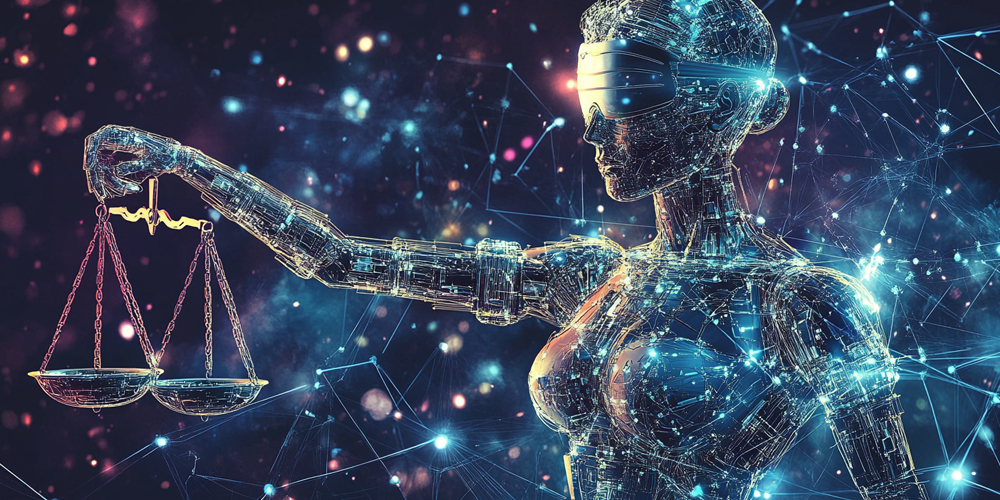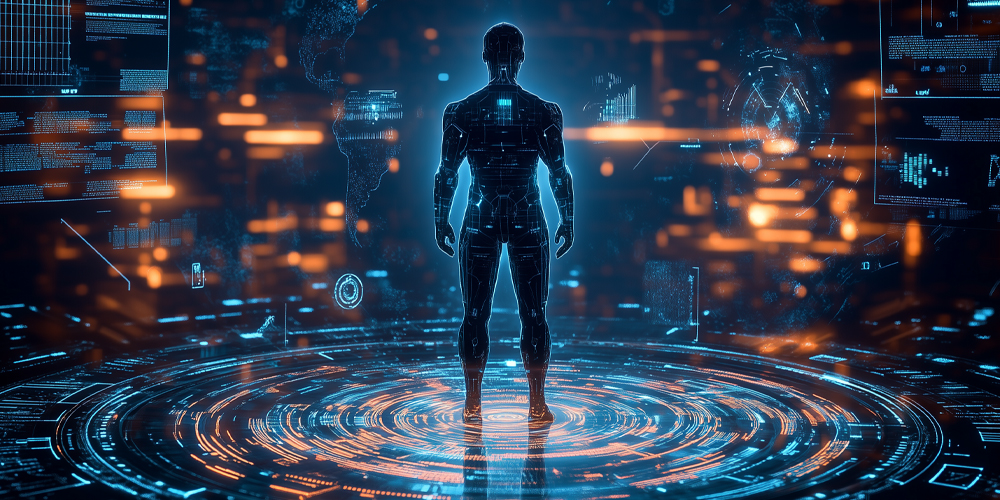AI in Disease Diagnosis: Revolutionizing Medical Science
Artificial Intelligence (AI) is transforming many fields, especially in healthcare. One of the most exciting developments is the role of AI in disease diagnosis. This technology enhances the efficiency and accuracy of identifying various health conditions. As a result, it improves patient outcomes and streamlines the healthcare process.
The Evolution of Disease Diagnosis
The journey of disease diagnosis has evolved tremendously over the decades. Traditionally, physicians relied on their observations and tests to identify illnesses. However, advancements in technology have introduced new tools and methods. Among these, AI stands out as a game-changer.
Understanding AI and Its Role
AI refers to the simulation of human intelligence in machines. These systems can analyze vast amounts of data faster than any human. Furthermore, they can recognize patterns and make predictions. In disease diagnosis, AI applications utilize machine learning, deep learning, and natural language processing.
Machine Learning in Diagnosis
Machine learning algorithms are vital in disease diagnosis. They learn from historical data to identify patterns associated with various diseases. For example, a model might analyze thousands of patient records to discern signs of diabetes. Eventually, the system can predict the likelihood of a patient developing the disease.
Deep Learning Applications
Deep learning, a subset of machine learning, uses neural networks to analyze data. It excels in image recognition, making it invaluable in radiology. AI models can learn to detect abnormalities in X-rays, MRIs, and CT scans. This capability leads to quicker and more accurate diagnoses.
Benefits of AI in Disease Diagnosis
The integration of AI in disease diagnosis brings numerous benefits. Primarily, it enhances accuracy and reduces errors. Traditional methods may overlook subtle signs of a disease. In contrast, AI can analyze data comprehensively, offering a second opinion that medical professionals can trust.

Speed and Efficiency
Time is critical in healthcare. AI streamlines the diagnostic process. For instance, instead of waiting days for test results, AI systems can provide insights in minutes. This speed can be lifesaving in emergencies.
Personalized Treatment Plans
AI also supports personalized medicine. By analyzing patient data, AI can recommend tailored treatment options. This customization considers individual health histories, genetics, and lifestyle factors. Consequently, patients receive care that is more effective and targeted.
Real-World Applications of AI in Disease Diagnosis
Various healthcare organizations have embraced AI to enhance disease diagnosis. In dermatology, for example, AI tools can identify skin cancer by analyzing images. Studies show that AI can match or exceed human experts in accuracy.
Cardiology Innovations
In cardiology, AI analyzes electrocardiograms (ECGs) to spot abnormal heart rhythms. AI-powered devices can alert healthcare providers to potential issues in real-time. As a result, patients receive timely interventions.
Oncology Advancements
AI is also making strides in oncology. AI systems analyze genomic data to predict cancer risks. These insights help specialists recommend preventive measures or early screenings for high-risk patients. Early diagnosis can significantly improve survival rates.
The Challenges and Ethical Considerations
While AI offers promising advancements in disease diagnosis, challenges exist. One major concern is data privacy. Healthcare organizations must protect patient information. Additionally, biases in algorithms can lead to unequal healthcare access.
Addressing Bias and Transparency
Developers must ensure that AI systems are free from bias. They should use diverse datasets to train algorithms. Also, transparency in AI processes is essential. Healthcare providers need to understand how AI reaches its conclusions to trust its recommendations fully.
The Role of Healthcare Professionals
Despite AI’s capabilities, human expertise remains vital. Physicians should interpret AI-generated results rather than rely solely on them. Collaboration between AI and healthcare professionals leads to the best outcomes for patients.

Future Prospects of AI in Disease Diagnosis
The future of disease diagnosis with AI appears bright. Ongoing research continues to advance AI technologies. As a result, we can expect even more accurate and efficient diagnostic tools.
Integration with Other Technologies
AI may integrate with other emerging technologies, like telemedicine. This combination can enhance remote diagnostics and patient monitoring. Moreover, AI-driven chatbots can assist in preliminary assessments, guiding patients to appropriate care.
Expanding Global Access to Care
AI has the potential to improve healthcare access in under-resourced areas. AI tools can function in remote locations with limited medical facilities. By providing essential diagnostic support, AI can bring healthcare to underserved populations.
Conclusion
AI is indeed revolutionizing disease diagnosis. Its ability to analyze data efficiently and accurately holds tremendous promise. As healthcare continues to evolve, the collaboration between AI and human expertise will define the future of medicine.





